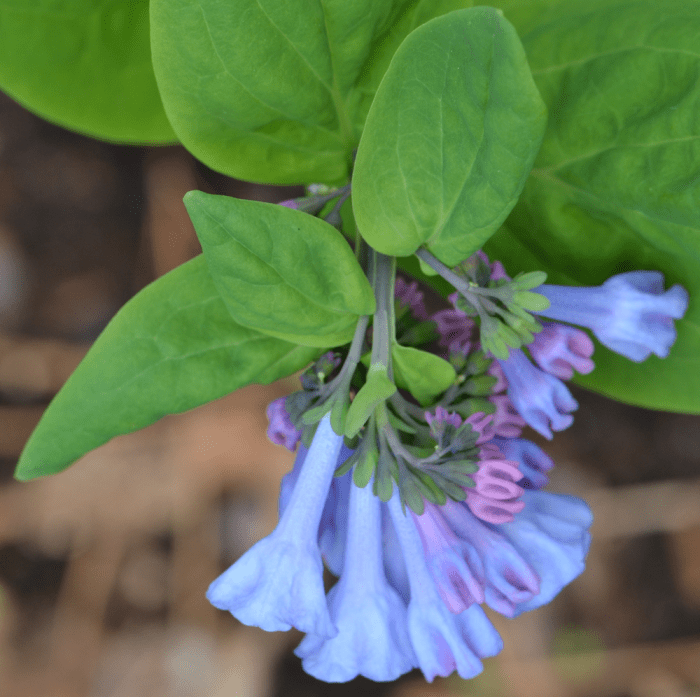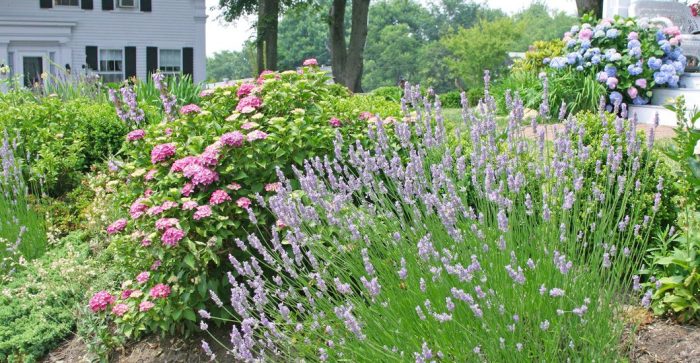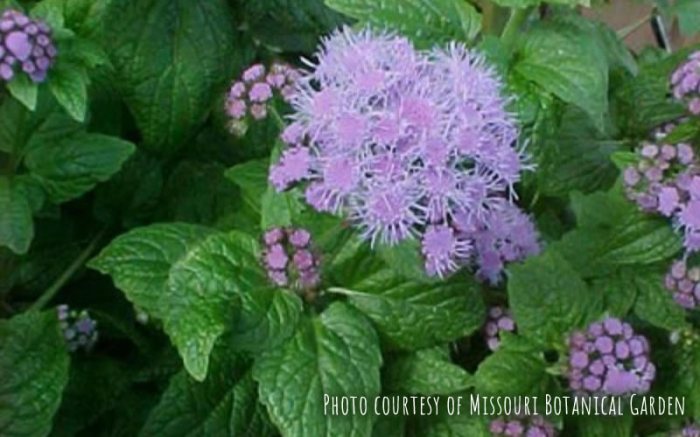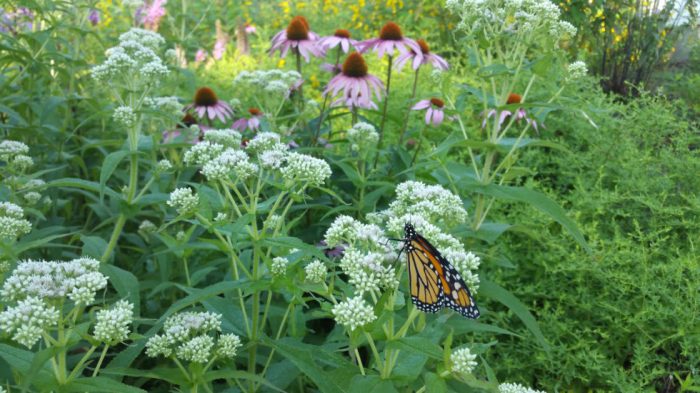Discover the best plants for Cape Cod’s unique coastal landscape, where nature’s beauty meets the challenges of sandy soil, salt spray, and wind. Our comprehensive guide explores native species, low-maintenance groundcovers, salt-tolerant shrubs, perennials for sun and shade, and deer-resistant plants.
Whether you’re a seasoned gardener or just starting your green thumb journey, this article will provide valuable insights and practical tips to help you create a thriving garden that embraces the coastal charm of Cape Cod.
Native Species for Coastal Environments

Cape Cod’s coastal environment presents unique challenges for plant life, with sandy soil, salt spray, and strong winds. Native plant species have adapted to these conditions, making them ideal choices for coastal gardens.
Using native plants offers several benefits. They support local ecosystems by providing food and shelter for native wildlife. Native plants also require less maintenance, as they are adapted to the local climate and soil conditions.
Shrubs and Groundcovers
- Beach Plum (Prunus maritima): A low-growing shrub with edible fruit that tolerates salt spray and sandy soil.
- Bayberry (Myrica pensylvanica): A fragrant shrub with waxy berries that provides food for birds.
- Bearberry (Arctostaphylos uva-ursi): A low-growing groundcover with evergreen leaves and red berries.
Perennials
- Beach Heather (Hudsonia tomentosa): A low-growing perennial with yellow flowers that tolerates salt spray and sandy soil.
- Sea Lavender (Limonium latifolium): A perennial with blue or purple flowers that attracts butterflies.
- Marsh Pink (Sabatia stellaris): A perennial with pink flowers that grows in moist, sandy soil.
Grasses, Best plants for cape cod
- Beach Grass (Ammophila breviligulata): A tall grass that helps stabilize dunes and tolerates salt spray and sandy soil.
- Little Bluestem (Schizachyrium scoparium): A warm-season grass with blue-green foliage that provides food for birds.
- Indian Grass (Sorghastrum nutans): A tall grass with showy seed heads that attracts birds.
Low-Maintenance Groundcovers

Cape Cod’s sandy soil and limited water availability pose challenges for plant growth. However, several low-maintenance groundcovers thrive in these conditions and offer numerous benefits, including erosion control, drought tolerance, and resistance to foot traffic.
When selecting groundcovers, consider their suitability for the specific site conditions, such as sun exposure, soil drainage, and intended use. Proper planting and care are crucial for their establishment and long-term success.
For those seeking to enhance their outdoor spaces on Cape Cod, selecting the appropriate plants is crucial. Native species like beach plum, bayberry, and inkberry are well-suited to the region’s coastal environment. If you’re looking for inspiration beyond Cape Cod, consider exploring best plants for nashville tn to discover varieties that thrive in similar climate zones.
By incorporating these plants into your landscape, you can create a vibrant and resilient garden that complements the unique character of Cape Cod.
Planting and Care
- Prepare the soil by removing weeds and amending it with organic matter to improve drainage and fertility.
- Plant groundcovers at the recommended spacing and depth, ensuring the roots are well-covered.
- Water regularly, especially during the establishment period, and reduce watering frequency as the plants mature.
- Fertilize lightly in spring with a balanced fertilizer to promote growth and vigor.
- Mulch around the plants to suppress weeds, retain moisture, and regulate soil temperature.
Suitable Groundcovers
- Bearberry (Arctostaphylos uva-ursi) : A low-growing, evergreen groundcover that forms a dense mat. It tolerates drought, poor soil, and full sun to partial shade.
- Creeping Juniper (Juniperus horizontalis) : A low-spreading evergreen shrub that forms a dense, ground-hugging mat. It is drought-tolerant and thrives in well-drained soil.
- Moss Phlox (Phlox subulata) : A low-growing, evergreen perennial that forms a dense mat of needle-like leaves. It produces masses of colorful flowers in spring and prefers well-drained soil in full sun or partial shade.
- Pachysandra (Pachysandra terminalis) : A shade-loving groundcover that forms a dense carpet of glossy, evergreen leaves. It is drought-tolerant and requires minimal care.
- Periwinkle (Vinca minor) : A trailing evergreen groundcover that forms a dense mat of glossy leaves. It tolerates drought, shade, and foot traffic.
Salt-Tolerant Shrubs
Cape Cod’s coastal environment poses unique challenges for plant life, with its salty winds and sandy soil. However, several salt-tolerant shrubs can thrive in these conditions, adding beauty and functionality to landscapes.
These shrubs not only withstand the harsh elements but also offer ornamental value, boasting attractive foliage, vibrant flowers, and colorful berries. They can serve various purposes, such as privacy screening, foundation planting, and windbreaks.
Shrub Selection
When selecting salt-tolerant shrubs for Cape Cod, consider the specific landscape needs and the desired aesthetic effect. For privacy screening, tall shrubs like Bayberry or Inkberry Holly are suitable. For foundation planting, compact varieties like Beach Plum or Heather are ideal.
And for windbreaks, dense shrubs like Rugosa Rose or Sea Buckthorn can provide effective protection.
When selecting the best plants for your Cape Cod landscape, consider the unique coastal conditions and salt spray tolerance of native species. From beach plums to bayberries, these hardy plants thrive in the sandy soil and salty air. If you’re an axolotl enthusiast, you may also be interested in learning about the best plants for axolotls . These aquatic creatures require specific plant life in their tanks to provide shelter and enrichment.
Returning to the topic of Cape Cod gardening, remember to choose plants that can withstand the harsh conditions and enhance the natural beauty of your coastal oasis.
Recommended Species
- Bayberry( Myrica pensylvanica): A dense, evergreen shrub with aromatic foliage and waxy berries.
- Inkberry Holly( Ilex glabra): A compact, evergreen shrub with glossy leaves and black berries.
- Beach Plum( Prunus maritima): A deciduous shrub with showy white flowers and edible purple fruit.
- Heather( Calluna vulgaris): A low-growing, evergreen shrub with colorful foliage and bell-shaped flowers.
- Rugosa Rose( Rosa rugosa): A tall, deciduous shrub with fragrant flowers and large hips.
- Sea Buckthorn( Hippophae rhamnoides): A dense, deciduous shrub with silvery foliage and orange berries.
Perennials for Sun and Shade: Best Plants For Cape Cod

Cape Cod’s unique coastal environment offers both sunny and shady areas, providing diverse habitats for perennial plants. These versatile species thrive in various conditions, offering year-round interest and vibrant blooms to the landscape.
When selecting perennials for Cape Cod, consider plants with varying bloom times, colors, and textures to create a dynamic and ever-changing display. Here are some top choices that perform well in both sun and shade:
Sun-Tolerant Perennials
- Daylilies (Hemerocallis): With their trumpet-shaped blooms in a wide range of colors, daylilies bring cheer to the garden from early summer to fall.
- Coneflowers (Echinacea): These daisy-like flowers attract butterflies and bees, adding vibrant hues of purple, pink, or white to the landscape.
- Black-eyed Susans (Rudbeckia): These cheerful flowers feature golden-yellow petals with dark central cones, providing a touch of sunshine from midsummer to fall.
Shade-Tolerant Perennials
- Hostas: Known for their large, variegated leaves, hostas add texture and interest to shady areas, with some varieties producing fragrant flowers.
- Astilbes: These showy perennials produce feathery plumes of flowers in shades of pink, red, or white, brightening up shady spots in summer.
- Bleeding Hearts (Dicentra spectabilis): With their delicate, heart-shaped flowers in shades of pink or white, bleeding hearts bring an ethereal touch to shady gardens in spring.
Deer-Resistant Plants

Deer are a common sight on Cape Cod, and they can be a nuisance to gardeners. Deer will eat a wide variety of plants, but there are some that they tend to avoid. These deer-resistant plants can help you keep your garden looking its best, even in areas where deer are present.
Deer-resistant plants typically have one or more of the following characteristics:
- Tough, leathery leaves
- Fuzzy or hairy leaves
- Strong-smelling leaves
li>Toxic leaves
In addition to these physical characteristics, some plants are also deer-resistant because they are not palatable to deer. Deer do not like the taste of plants that are bitter, sour, or spicy.
If you are having problems with deer in your garden, there are a few things you can do to protect your plants:
- Choose deer-resistant plants.
- Plant your plants in groups. Deer are less likely to eat plants that are surrounded by other plants.
- Use physical barriers to keep deer out of your garden. Fences, netting, and repellents can all be effective in deterring deer.
With a little planning, you can have a beautiful garden that is deer-resistant.
Homeowners in Cape Cod often seek out the best plants for their unique coastal environment. While selecting plants suited to the region’s sandy soil and salt spray is essential, considering plants that thrive in humid environments like bathrooms is equally important.
For those seeking inspiration, best plants to keep in a bathroom provides valuable insights into species that can withstand moisture and limited sunlight. These plants can not only enhance the aesthetics of a bathroom but also contribute to a healthier indoor environment.
Returning to the topic of Cape Cod gardening, native plants such as beach plums and bayberries remain excellent choices for landscaping.
Annuals
- Alyssum
- Begonia
- Calendula
- Cosmos
- Impatiens
- Marigold
- Petunia
- Salvia
- Snapdragon
- Zinnia
Perennials
- Astilbe
- Baptisia
- Catmint
- Coneflower
- Coreopsis
- Daylily
- Hosta
- Iris
- Lavender
- Liatris
- Monarda
- Salvia
- Sedum
- Yarrow
Shrubs
- Abelia
- Barberry
- Boxwood
- Buxus
- Camellia
- Euonymus
- Forsythia
- Holly
- Hydrangea
- Juniper
- Mahonia
- Privet
- Rhododendron
- Viburnum
Trees
- Birch
- Dogwood
- Fir
- Hemlock
- Holly
- Locust
- Maple
- Oak
- Pine
- Spruce
Final Thoughts
With careful plant selection and proper care, you can transform your Cape Cod garden into a vibrant and resilient oasis, where the beauty of nature harmonizes with the unique challenges of the coastal environment.
Frequently Asked Questions
What are the benefits of using native plants in Cape Cod gardens?
Native plants are well-adapted to the local climate and soil conditions, requiring less maintenance and providing support for local ecosystems.
Can I grow plants in Cape Cod’s sandy soil?
Yes, there are many plants that thrive in sandy soil, including beach plums, bayberries, and sea lavender.
How do I protect my plants from deer browsing?
Choose deer-resistant plants such as lavender, rosemary, and yarrow, and consider using physical barriers like fencing or netting.